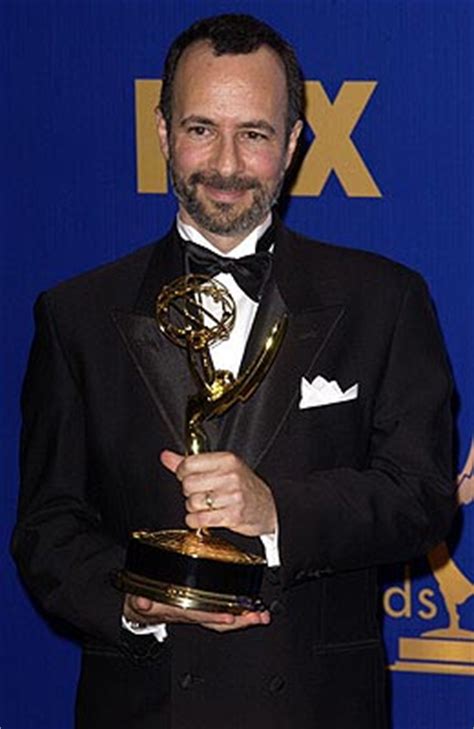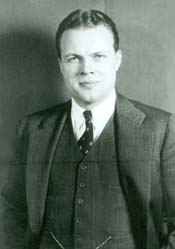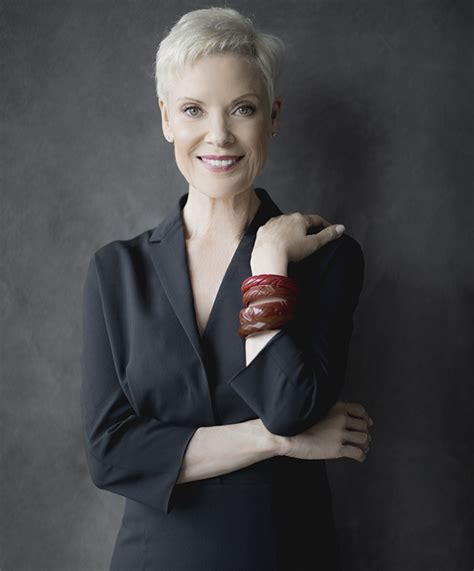A Quote by Jeremy Irons
I was educated in a private school in England amongst people who had been trained for sort of banking or the Army or business. As I came towards the end of my education, I thought I must find something or I'll never meet any of these people again.
Related Quotes
I knew it,’ she says. ‘I knew I had met you before. I knew it the first time I saw your photograph. It’s as if we had to meet again at some point in this life. I talked to my friends about it, but they thought I was crazy, that thousands of people must say the same thing about thousands of other people every day. I thought they must be right, but life… life brought you to me. You came to find me, didn’t you?
Parents who've not had an education themselves find it hard to explain to their children what a decent education involves, and I completely understand that. Parents themselves need to be educated by schools about what sort of education they should expect for their children. I do think there's a heavy responsibility of the school.
We've always been modestly leveraged, and we've never believed in a great deal of leverage on either our private equity business or on our investment banking business. And I think it really goes back to my uncle and dad growing up in the Depression and just seeing what happened to people who were overly levered.
The real difficulty is that people have no idea of what education truly is. We assess the value of education in the same manner as we assess the value of land or of shares in the stock-exchange market. We want to provide only such education as would enable the student to earn more. We hardly give any thought to the improvement of the character of the educated. The girls, we say, do not have to earn; so why should they be educated? As long as such ideas persist there is no hope of our ever knowing the true value of education.
It's fairly obvious that American education is a cultural flop. Americans are not a well-educated people culturally, and their vocational education often has to be learned all over again after they leave school and college. On the other hand, they have open quick minds and if their education has little sharp positive value, it has not the stultifying effects of a more rigid training.
How have people come to be taken in by The Phenomenon of Man? We must not underestimate the size of the market for works of this kind [pseudoscience/'woo'], for philosophy-fiction. Just as compulsory primary education created a market catered for by cheap dailies and weeklies, so the spread of secondary and latterly tertiary education has created a large population of people, often with well-developed literary and scholarly tastes, who have been educated far beyond their capacity to undertake analytical thought.
The capacity for friendship usually goes with highly developed civilizations. The ability to cultivate people differs by culture and class; but on the whole, educated people have more ways to make friends... . In England, for instance, you find everyone in your class has read the same books. Here, people grope for something in common-like a newly engaged girl who came to me and said, "It's absolutely wonderful! His uncle and my cousin were on the same football team.



































